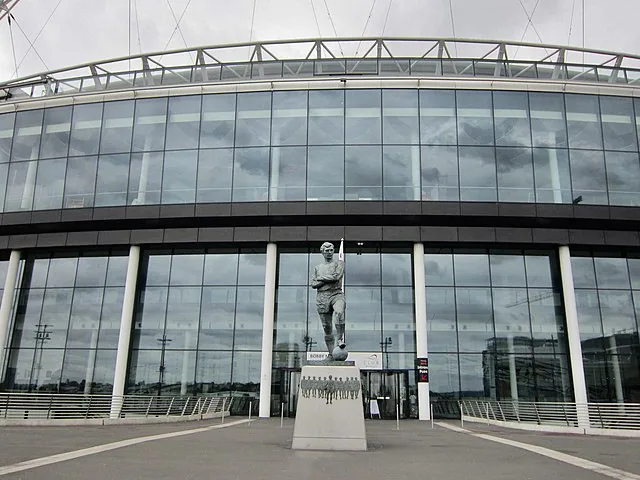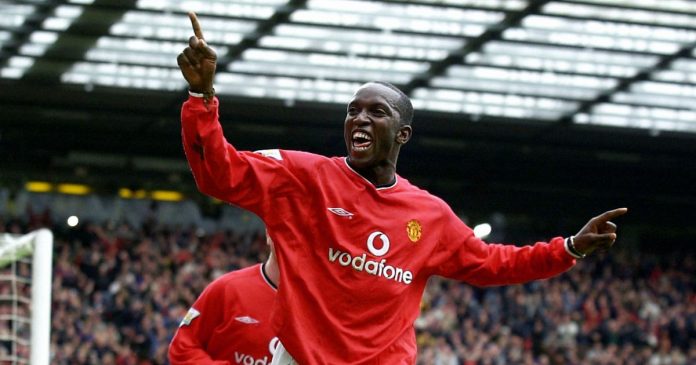The English Football Association are pushing the government to make amendments to their Online Safety Bill and met with MPs earlier in May to tighten provisions, writes Paul MacInnes of the Guardian.
The FA specifically want online abuse to be given more attention as social media giants aren’t tackling the issue head-on.
The Milestone Online Safety Bill aims to ‘safeguard young people’ and ‘clamp down’ on racist abuse but allowing “legal but harmful” content is where Edleen John draws the line.
The FA’s equality, diversity and inclusion director cited the monkey emoji, which has been used innocently and as racist provocation, saying “(legal but harmful content) isn’t captured at the level it needs to be (in the current draft of the bill).”
The Government say Ofcom will hold to account Category 1 platforms (the largest social media websites) that don’t state in their terms and conditions how they’ll act on lawful but harmful content, but John wants more specificity.
Sexist abuse often comes into the category of lawful but harmful, as the words aren’t specifically abusive, but they are harmful to the recipient.
Her Game Too posted a viral video on Twitter revealing the horrors many women receive daily.
This contained responses such as ‘women’s opinion on football is invalid’, ‘get back to the kitchen’, ‘you only go to football for male attention’, ‘why don’t you just make me a sandwich?’, ‘do you even know the offside rule?’, ‘you can’t comment, it’s a man’s game’ and ‘you know a lot about football… for a girl’.
There isn’t a specific offensive word in those responses that would get flagged on social media, but the message is undoubtedly sexist.
And with more women in sports media than ever before, that means more victims of online abuse.
The current system of flagging a tweet and an account being terminated is only putting a band-aid on the situation, however, as it’s all too easy to start another account with a different email address.
John noted this problem, adding: “The fact that I can go on to a platform, abuse someone, delete my profile and then re-register another one within moments means that, for me, there’s still a problem in the system.”
There is more resistance to such comments than there used to be, but the abuse is still rampant.
And because Instagram, Facebook and Twitter have been incredibly slow to act, government intervention is needed.
There are critics of the bill who worry about the amount of personal information somebody must share to get a social media account. However, most agree that accounts shouldn’t be allowed full anonymity without accountability.
So while it’s important people aren’t forced to reveal their identity online, there needs to be more verification beyond an email address.
During conversations with MPs, Thierry Henry and Lucy Bronze gave personal testimonies of abuse they’ve experienced.
Leaders in football want more support because the lack of action only harms the victims and emboldens the perpetrators, but it remains to be seen if provisions are made from the draft.
Read: Barcelona, Real Madrid and Juventus respond to UEFA’s disciplinary proceedings.
Add Sportslens to your Google News Feed!







